Baking soda, probiotics, and antifungal ointments are among the home strategies people use to ease vaginal itching, but they can cause irritation or allergic reactions in some individuals.
Itching in the vaginal area can stem from numerous issues. It might be related to vaginal dryness or exposure to chemical irritants like fragranced soaps. Itching can also be caused by a yeast overgrowth, bacterial vaginosis, a sexually transmitted infection (STI), or other irritants or medical problems.
Although many people try home remedies to soothe an itchy vagina, solid evidence for most of these approaches is limited, and additional research is necessary to confirm their effectiveness.
What causes vaginal itching
Vaginal itch is frequently due to one of the following common causes.
Yeast infection
If you have a vagina, you may experience a yeast infection at some point.
Yeast infections are caused by Candida, a microorganism that lives in the vaginal area. Changes in medications, hormones, or exposure to certain soaps or sprays can make a yeast infection more likely.
Candida is normally present in healthy vaginas, but when it grows out of balance it can produce a yeast infection, often accompanied by itching or burning inside the vagina.
Along with itching, yeast infections frequently produce a thick, white discharge that looks like cottage cheese.
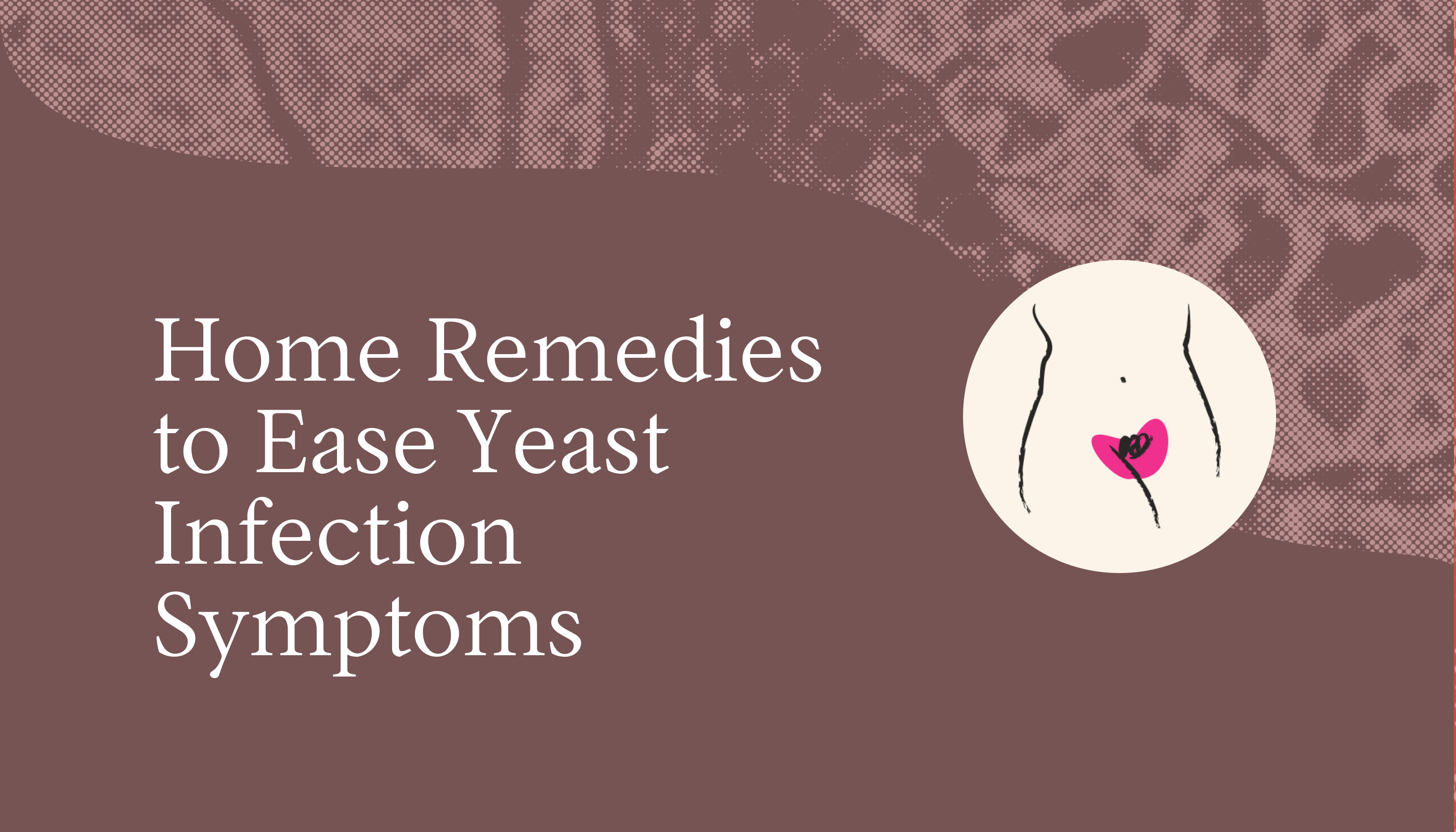
Bacterial vaginosis
Your vagina normally hosts bacteria that help maintain its health. When the balance of these bacteria shifts, certain bacteria—most commonly Gardnerella vaginalis—can overgrow. Practices such as douching, not using barrier protection, and having multiple sexual partners can increase the risk of bacterial vaginosis.
Bacterial vaginosis often causes a fishy odor, burning during urination, and discharge that may be gray, white, or green.
Vaginal dryness
Vaginal dryness can be a symptom of many different conditions. Dryness may cause an internal itchy sensation. It can also make sex or masturbation uncomfortable due to increased friction during penetration, which can irritate the skin.
Water-based lubricants can relieve vaginal dryness. Vaginal estrogen creams may also help reduce dryness and itching.
Consider speaking with a clinician if vaginal dryness is a recurring issue for you.
Exposure to irritants
The skin around the vulva and vaginal opening is delicate. Chemicals in pads, intimate washes, sprays, and other products can irritate this skin and trigger itching. That’s why many experts advise washing only with water when cleaning your vulva.
You can also develop an allergic reaction to ingredients in intimate washes or components of menstrual products.
If you think a particular pad is causing irritation, try a different brand or switch to tampons or a menstrual cup.
For more on menstrual product options and how they can affect vaginal health, see womens health menstrual cup.
Skin conditions
Dermatologic issues can affect the pubic region and the skin around the vulva, producing itchiness.
Conditions that may cause vaginal or vulvar itching include:
- eczema
- dermatitis
- psoriasis
- scabies
- hives
- dry skin
If you suspect a skin disorder, consult your primary care doctor or a dermatologist.
Low estrogen levels
Low estrogen is more likely during perimenopause and menopause but can occur at other ages too.
Estrogen helps maintain vaginal secretions that lubricate the vaginal walls and reduce friction during intercourse. Low estrogen can decrease natural lubrication, leading to dryness, irritation, and itching, especially with sexual activity.
Other signs of low estrogen may include irregular or missed periods, fatigue, and hot flashes.
STIs
Several sexually transmitted infections may cause vaginal itching, such as:
- chlamydia
- genital warts
- gonorrhea
- genital herpes
- trichomoniasis
- pubic lice
These conditions require medical evaluation and treatment. If you suspect an STI, contact a healthcare provider.
Possible home remedies for vaginal itching
There are a number of home approaches people try for yeast infections and general vaginal itch.
Home remedies should not replace professional medical care. If symptoms persist or worsen after trying at-home measures, see your clinician; you may need prescription treatment.
Baking soda bath
Baking soda baths may help treat yeast infections and certain itchy skin problems.
A 2012 study noted antifungal properties of baking soda. A 2014 study reported that baking soda reduced Candida cell viability.
The National Eczema Association suggests adding a quarter cup of baking soda to bathwater, or making a paste to apply topically for eczema relief.
Research also supports baking soda baths as a possible treatment for psoriasis.
Greek yogurt
Greek yogurt is a widely used home remedy for yeast infections. Many yogurts contain the probiotic Lactobacillus acidophilus, which may help resolve vaginal yeast overgrowth.
Probiotic yogurt can boost “good” bacteria in the vagina, which may suppress yeast and promote vaginal health.
An older study evaluated 129 pregnant women with yeast infections who received either a home remedy or an OTC treatment.
Researchers gave 82 participants a yogurt-and-honey mixture and 47 participants an OTC antifungal cream. The study reported that the yogurt-and-honey remedy was more effective than the OTC antifungal in treating vaginal yeast infections.
A separate 2015 study of 70 nonpregnant women found similar results: yogurt with honey outperformed a commercial antifungal cream.
Cotton underwear
Wearing cotton underwear can help if you have vaginal or vulvar irritation. Cotton is breathable, which may reduce itchy skin issues.
Choosing 100% cotton underwear may also help prevent yeast infections, since yeast thrives in poorly ventilated, moist environments.
Probiotic supplements
Bacteria play a key role in vaginal health, and probiotics can increase beneficial bacteria in the vagina.
Probiotic supplements—available as capsules or liquids at drugstores and health retailers—may encourage healthy bacterial populations in the gut and vagina.
They can be used preventively. Some clinicians advise taking probiotics when prescribing antibiotics to help maintain bacterial balance.
Coconut oil
Studies suggest coconut oil can inhibit Candida albicans, the organism responsible for yeast infections. Coconut oil–based products are also sold in suppository forms.
Antifungal cream
If a yeast infection is to blame, over-the-counter antifungal creams can relieve symptoms by killing yeast and reducing itch. OTC antifungals are also available as vaginal suppositories.
If you insert an antifungal cream or suppository, wear a panty liner to protect your underwear.
Cortisone cream
If shaving has left you itchy, a cortisone cream may help. It’s also useful for eczema, allergic reactions, and some rashes because it reduces inflammation and soothes itching.
Do not put cortisone cream inside the vagina; it can be applied only to the external skin around the pubic area.
Probiotic foods
Eating probiotic-rich foods, like taking probiotic supplements, can support the growth of beneficial bacteria in your gut and vagina, contributing to overall vaginal health.
Typical probiotic foods include:
- yogurt
- kombucha
- kimchi
- sauerkraut
- miso
If you have a yeast infection, consuming probiotic foods may help your body fight it.
Hygiene
Good genital hygiene can prevent and calm vaginal itching.
Often, less is better when cleaning the vagina and vulva. The vagina self-cleans, so washing the external vulva with warm water is usually sufficient.
Avoid scented soaps, gels, and cleansers. Experts generally advise against using products marketed as feminine hygiene washes; for example, vaginal douching is not recommended unless directed by a healthcare professional.
Over-washing or douching can disrupt the natural vaginal environment and provoke itching. Fragranced soaps and scented products can irritate and trigger allergic responses or infections.
When to see a doctor
Although home remedies often help, seek medical care if you have symptoms such as:
- pain or burning during sex or urination
- pain in the genital or pelvic area
- redness, swelling, or color changes of the genitals
- blisters or unusual spots on the vulva
- abnormal vaginal discharge, particularly green, yellow, or gray discharge
- discharge that is frothy or cottage cheese–like in texture
- a strong or foul odor
A clinician will typically review your symptoms and medical history and may perform a pelvic exam to inspect your vulva and vagina.
If you don’t have an OB-GYN, tools like Healthline’s FindCare can help you locate providers in your area.
Things to avoid
There is a lot of misleading advice online about treating vaginal itch. Some supposed remedies are unreliable or may worsen the problem.
Below are three approaches most experts strongly discourage.
Douches and feminine hygiene sprays
Many feminine sprays contain fragrances and other ingredients that can exacerbate itching and inflame sensitive genital skin.
Most clinicians advise against douching because it can disturb the normal balance of vaginal bacteria and the natural acidity that protects a healthy vagina.
Scented laundry detergents
Fragrances and synthetic additives in laundry soap and bath products frequently cause genital irritation. Review ingredient lists, and if you don’t recognize chemical names, consider switching products.
The Environmental Working Group (EWG) provides information on allergens and chemicals found in specific soaps and other consumer goods.
Talcum powder
Talcum powder was once widely used to keep skin dry and to ease irritation in hard-to-reach spots.
Some studies have suggested a possible link between talc use and ovarian cancer, though evidence remains debated. Until more definitive research is available, it may be prudent to avoid talc for vaginal itching.
How to prevent vaginal itching
STIs, bacterial infections, and yeast overgrowth can all cause vaginal itch. The following strategies can help lower your risk:
To reduce your risk of STIs:
- get tested with new partners before sexual activity
- use barrier protection (condoms or dental dams) during sex
- use condom-compatible lubricants and avoid oil-based lubricants with latex condoms
- make sure you use condoms correctly
- clean sex toys before and after use, especially if sharing
To help prevent bacterial and yeast infections:
- eat probiotic-rich foods
- take a probiotic supplement
- wear cotton underwear
- wash underwear in hot water
- change menstrual products frequently
- avoid douches, scented tampons or pads, and fragranced vaginal washes
- change out of wet clothing or swimsuits promptly
- limit time spent in hot tubs or very hot baths
Foods rich in probiotics help sustain beneficial vaginal bacteria that discourage yeast overgrowth. Examples include:
- yogurt
- kombucha
- kimchi
- sauerkraut
- miso
Other foods that may support vaginal health include:
- pure cranberry juice, which may support urinary tract health
- sweet potatoes, which contain nutrients that may lower the risk of bacterial vaginosis
- leafy greens, which provide nitrates that may improve circulation and reduce vaginal dryness
Frequently asked questions about vaginal itching
Can you put itching cream on your vagina?
You should not apply hydrocortisone or similar itch-relief creams inside the vagina. These products can increase inflammation or cause thinning and irritation because the tissue there is delicate.
They may be used on external genital skin for symptom relief when appropriate; see guidance.
Can you put Vaseline on your vagina to stop itching?
No. Petroleum jelly is oil-based, and some research has connected intravaginal petroleum-based products with increased risk of vaginal problems like bacterial vaginosis.
How can you stop itching down there at night?
Itching may feel worse at night because there are fewer distractions and you’re more aware of sensations. Taking a warm bath and changing into cotton sleepwear can help. Be cautious with OTC treatments, as some can aggravate symptoms.
Avoid scratching or douching, as these actions can make itching worse.
Takeaway
There are several home measures people use for an itchy vagina, from Greek yogurt to coconut oil.
Some remedies may be more effective than others, but more research is necessary. Experts advise avoiding interventions such as douching and talcum powder.
If you have unusual or unexplained symptoms, or you’re unsure how to stop vaginal itching, consult a healthcare provider.

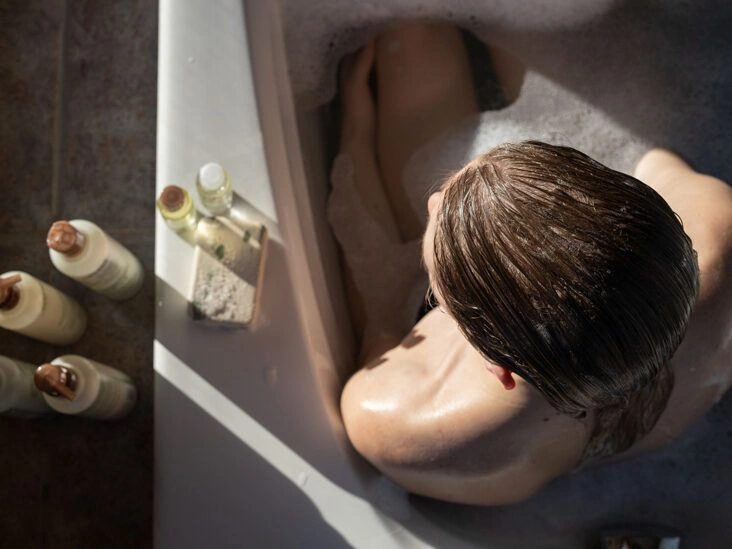
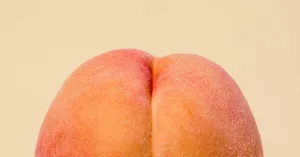
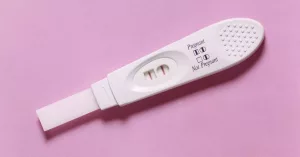



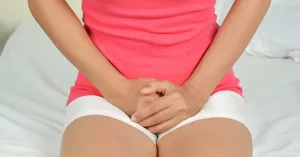
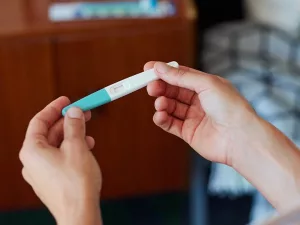
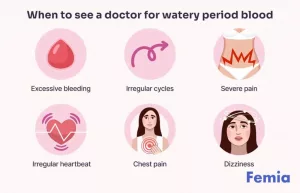
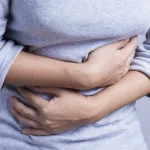



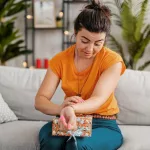
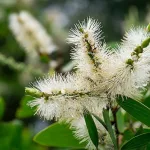


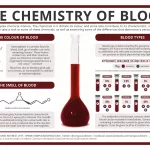





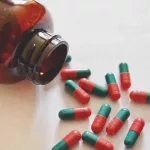
Leave a Reply
You must be logged in to post a comment.